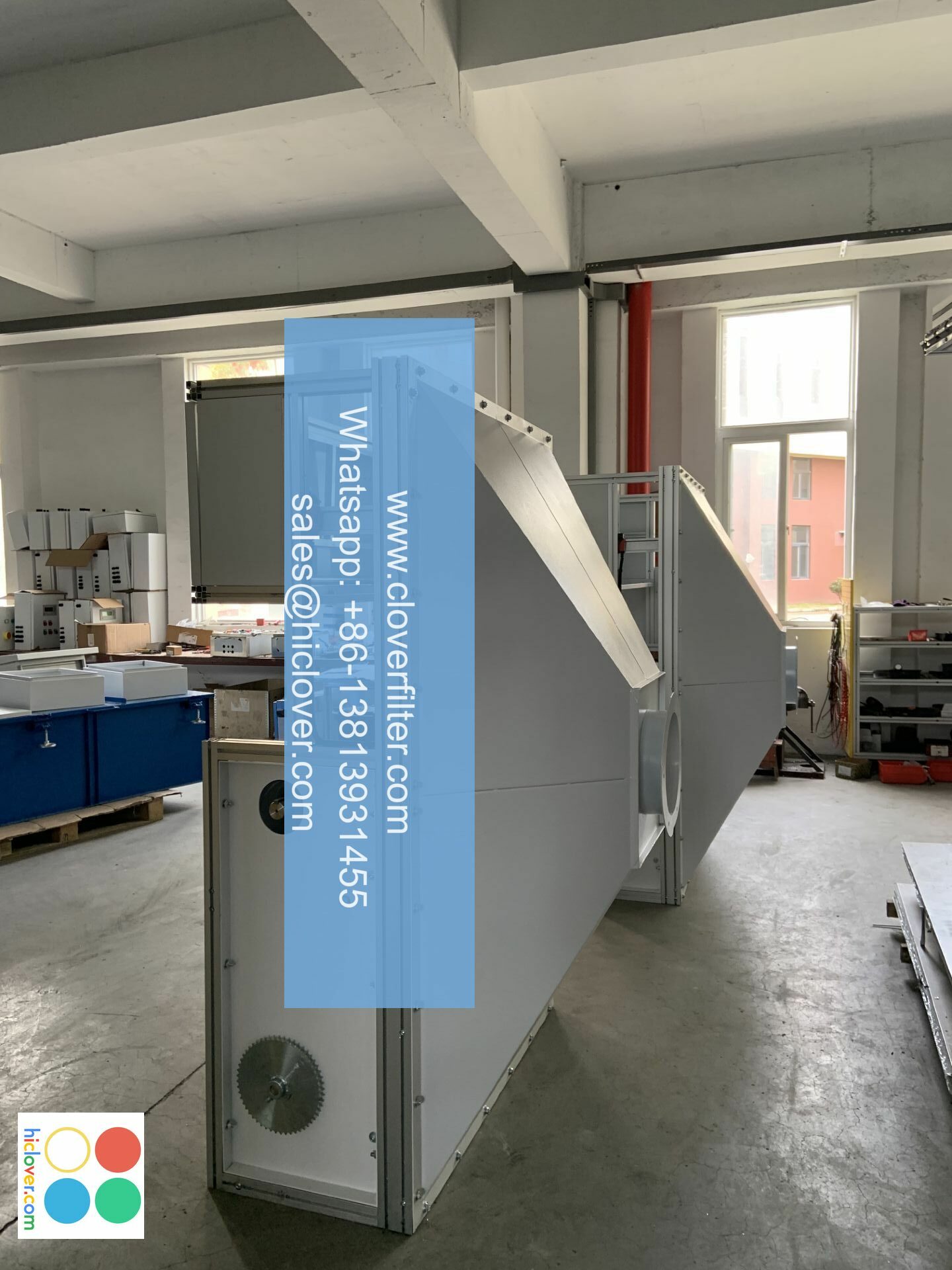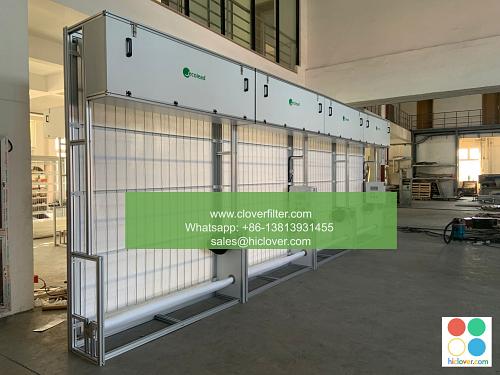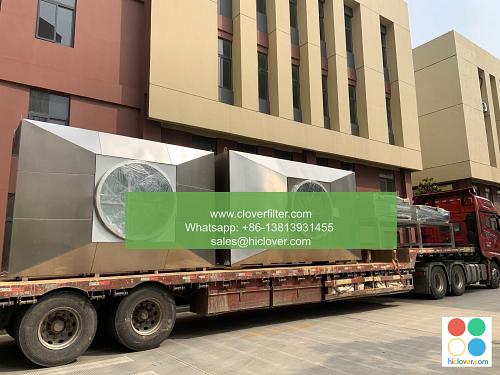The Future of Electronics Assembly: Automatic Roll Air Filters and Beyond

The electronics assembly industry has undergone significant transformations in recent years, driven by advances in technology and the need for increased efficiency and productivity. One area that has seen substantial innovation is the use of automatic roll air filters, which have revolutionized the way companies approach cleanroom maintenance and air quality control. As the industry continues to evolve, it’s essential to explore the current state of electronics assembly, the role of automatic roll air filters, and what the future holds for this sector.
Traditional electronics assembly methods often rely on manual labor, which can be time-consuming and prone to errors. Moreover, the increasing complexity of electronic components and the miniaturization of devices have made it more challenging to maintain high-quality standards. The introduction of automatic roll air filters has addressed some of these challenges by providing a reliable and efficient way to remove contaminants and particles from the air, ensuring a cleaner environment for assembly and manufacturing processes.
Automatic roll air filters work by using a motorized system to advance a roll of filter media, which is typically made of a synthetic material. As the filter media becomes saturated with particles and contaminants, the system automatically advances a new section of clean filter media, ensuring continuous airflow and maintaining optimal air quality. This technology has been widely adopted in the electronics assembly industry due to its ability to improve yields, reduce defects, and increase overall efficiency.
Beyond automatic roll air filters, the future of electronics assembly is likely to be shaped by emerging technologies such as artificial intelligence (AI), robotics, and the Internet of Things (IoT). These innovations have the potential to further automate and optimize assembly processes, enabling companies to produce high-quality electronic components at scale and with greater precision. For instance, AI-powered inspection systems can quickly detect defects and anomalies, while robotic assembly lines can work around the clock with minimal human intervention.
The increasing adoption of Industry 4.0 technologies, which focus on the integration of physical and digital systems, will also play a crucial role in shaping the future of electronics assembly. By leveraging data analytics, machine learning, and cloud computing, companies can create smart factories that are more agile, flexible, and responsive to changing market demands. This shift towards digitalization will enable electronics manufacturers to streamline their operations, improve supply chain management, and develop more sophisticated products and services.
Another area that is expected to have a significant impact on the electronics assembly industry is the development of new materials and technologies, such as nanotechnology, 3D printing, and advanced packaging techniques. These innovations will enable the creation of smaller, more powerful, and more efficient electronic devices, which will, in turn, drive demand for more sophisticated assembly and manufacturing processes.
In conclusion, the future of electronics assembly is poised for significant growth and transformation, driven by advances in technology, the adoption of Industry 4.0 principles, and the development of new materials and manufacturing processes. Automatic roll air filters have already made a substantial impact on the industry, and emerging technologies such as AI, robotics, and IoT will continue to shape the sector in the years to come. As companies strive to improve efficiency, productivity, and quality, it’s essential to stay ahead of the curve and invest in the latest technologies and innovations.
Frequently Asked Questions (FAQs)
Q: What are automatic roll air filters, and how do they work?
A: Automatic roll air filters are motorized systems that advance a roll of filter media to remove contaminants and particles from the air, ensuring a cleaner environment for assembly and manufacturing processes.
Q: What are the benefits of using automatic roll air filters in electronics assembly?
A: The benefits of using automatic roll air filters include improved yields, reduced defects, and increased overall efficiency, as well as the ability to maintain high-quality standards and ensure a cleaner environment for assembly and manufacturing processes.
Q: What emerging technologies are expected to shape the future of electronics assembly?
A: Emerging technologies such as artificial intelligence (AI), robotics, the Internet of Things (IoT), and Industry 4.0 principles are expected to play a significant role in shaping the future of electronics assembly, enabling companies to produce high-quality electronic components at scale and with greater precision.
Q: How will the development of new materials and technologies impact the electronics assembly industry?
A: The development of new materials and technologies, such as nanotechnology, 3D printing, and advanced packaging techniques, will enable the creation of smaller, more powerful, and more efficient electronic devices, driving demand for more sophisticated assembly and manufacturing processes.


